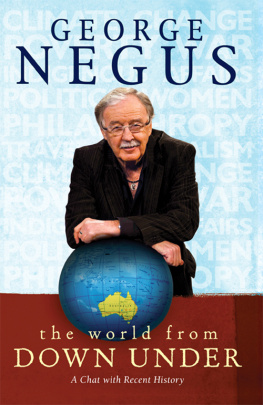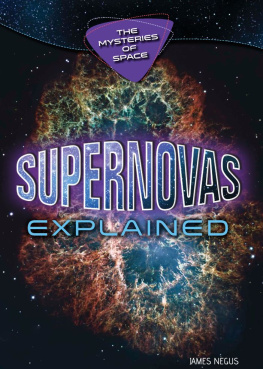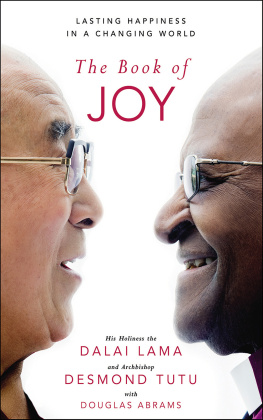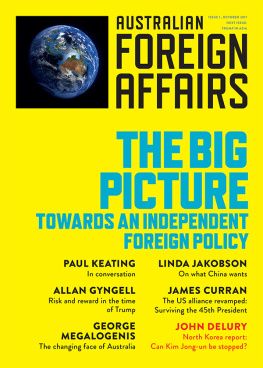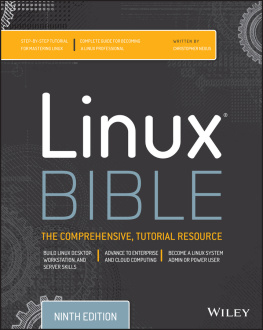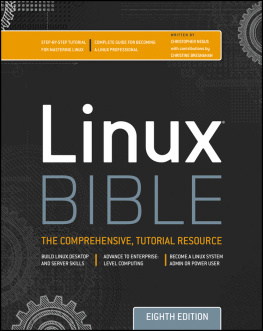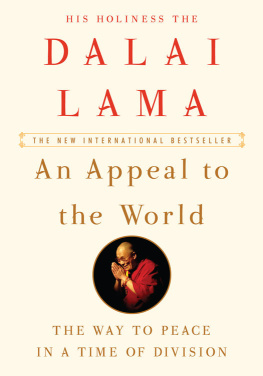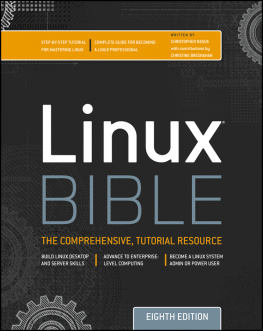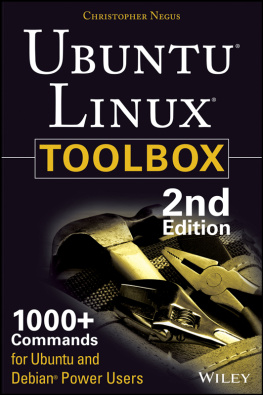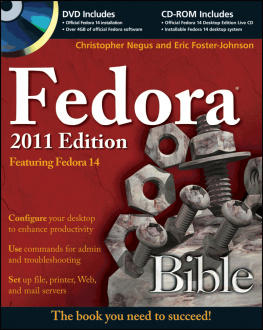A s the author of this accumulation of wordy pages, let me take a moment to pre-empt interested readers out there even tantalise them.
Essentially, The World from Down Under A Chat with Recent History is a protracted conversation I have had in recent times with fellow internationalists, many of them major players and interested analysts. Over the years, Ive literally picked their generous brains, in the course of doing what I get paid to do indulge my habit of asking one simultaneously simple and complex question. Why? The answer has often resulted in mind-watering, as opposed to mouth-watering, exchanges.
Who were these mysterious fellow-conversationalists with whom Ive worked my inquisitive way from Down Under to the world and back again? Some were not just fellow-conversationalists, on occasions they were fellow-travellers in both a global and ideological sense.
Heavy-handed alliteration aside, they include prime ministers, presidents, politicians, princes, priests, philanthropists, philosophers and pundits.
Some were holy, others unholy; some well-meaning, others anything but. Some made war, others wanted peace; some were extremists, others moderate. Some were accommodating, others totally uncompromising. Among them were believers, non-believers, atheists, agnostics, Christians, Jews, Muslims and even a Buddhist. There were leaders and followers, rationalists and irrationalists, scientists and humanists.
Some answered my favourite question why? Others asked the obverse, why not? Some were on the Left, some on the Right, others somewhere in between. Theyve included the convinced, the confused, the calm and the calamitous. Black, white, yellow, red and brindle, they pretty much encompassed the spectrum of humanity in all its hues, its hopes and its hatreds.
Looking at it another way, some were rulers, others ruiners. Some knew fame and fortune, others failure and famine. Some were broad in spirit, others narrow of mind. Agree or disagree with them, they all had something to say, something worth listening to.
To consciously misquote AB Bert Faceys famous title, it is a fortunate list. Bert was an ordinary bloke who survived against quite extraordinary odds. By both comparison and contrast, you could describe the author as an ordinary Brisbane boy whos managed to meet some quite extraordinary individuals.
My own chattering class has been a wide-ranging cluster of both humbling and stirring individuals. Theyve all had an impact on the authors mental meanderings on the so-called human condition. And that, not to put too fine a point on it, is the purpose of this self-styled dialogue with recent history!
The intention here, though, is not to detail the authors outside-the-square experience of swapping ideas and issues with the likes of Bill Clinton and Naomi Wolf, Gerry Adams and the Dalai Lama, George Soros, Mikhail Gorbachev, Richard Branson, Cherie and Tony Blair, Al Gore, Robert Mugabe, Shimon Peres, Desmond Tutu, Muammar al-Gaddafi, Queen Noor, Richard Dawkins and closer to home, even Kevin Rudd and John Howard. As a professional question-asker, you can only hope that your questions will be interesting enough to make the answers even more so.
So Who Havent You Talked to ?
O n that historically considerable Tuesday evening back in November 2008, I did manage to be in Washington DC covering the campaign when, with high political drama, Barack Obama was elected the 44th President of the United States. Not just a Democrat in the White House, but a young African-American Democrat with the ironical second name of Hussein taking over as the leader of the so-called free world. Thats a different White House. Put even more bluntly, its a different world!
But despite my fortunate whereabouts on that fateful night, proximity doesnt count. It merely confirms our comparative Antipodean middle-power irrelevance, further recognition of the need for a realistic acknowledgement of Down Unders place in the global scheme of things what it is and what it isnt. Since then, of course, my great mate and mentor, fellow interviewer, Kerry OBrien jumped possibly the longest media queue in the world and scored Down Unders first chat with the Big-O of world politics. If you have to be beaten to the verbal punch by anyone, the author can live with it being he of the Australian Broadcasting Corporation, the non-greying Irish-auburn mop hair, conservative suit and neat tie and the green pen. Kezza did leave quite a few questions for the rest of us, by the way. What a nice bloke!
As you may have already gathered from this disclaimer, at very few points in this double-jointed journalistic entendre The World from Down Under or Down Under from the World will the authors tongue entirely leave his cheek! An unconvinced observer, both a viewer and a reader of the authors work, once quipped that her view was that Yours Truly only said or wrote what he really believed when his tongue was firmly in his cheek! Guilty, Im afraid, as charged!
As a damned-near pathologically persistent questioner, you discover that on occasions a question asked be it deliberate or fluked, well-researched or off the top of the head can turn out to be as useful as some answers received.
Second-hand association via either pictures or words, of course, can never match being in the same place at the same time, meeting the real deal, as it were. Nevertheless, a human fly on the wall to our conversations just might get a grip, maybe even get a another perspective, on this world of mind-bogglingly unstoppable change that we currently inhabit, by looking at both The World from Down Under and Down Under from the World.
All that disgusting name-dropping earlier aside read on!
T hat rather cryptic quote I stumbled upon a while back is not a bad way of putting the place we Australians call home the legendary Land Down Under into a realistic perspective. In fact, its not a bad working definition of perspective, in general, for the entire world!
And speaking of the Chinese whether or not they could ultimately give a hoot about the rest of us, particularly Australia and Australians wasnt it the enigmatic ancestors of that same massive, increasingly powerful population who also came up with that pithiest of dead-pan lines about living in interesting times? They certainly werent wrong about that and, I suspect, a few other things. If you need any further convincing, take a look at how they played the rest of the world off the break at the ambitious but flawed UN Climate Change Summit in Copenhagen in 2009 and managed to turn arguably the most important world gathering in history into a farce but, a farce that worked for them. Inscrutable or what?
Before we go any further, for a moment or two, think about the past couple of quite momentous decades say, from 1990 to 2010. Dont worry about the fine print. Look at the big picture. The headlines alone scream not the end of an era, but the ends of several eras. In the process, a lot of pretty thunderous damage has been done with some serious repair work ahead for the collective six-billion-plus of us and future generations of our kids and grandkids.
For starters, try for size the Berlin Wall, and everything that it stood for, crumbling; the World Trade Centers twin towers collapsing, maybe bringing down with them religious tolerance forever not to mention Wall Street crashing, taking most of the worlds financial markets with it. Then, of course, theres the collective anxiety we all felt after finally admitting that the hole we busted in the ozone layer via global warming meant that the Earth may never be literally as cool as wed like. And how could we possibly ignore China, the worlds most populous nation, moving rapidly to receive at least an unofficial nod as the most economically, and maybe even most militarily, powerful as well.

